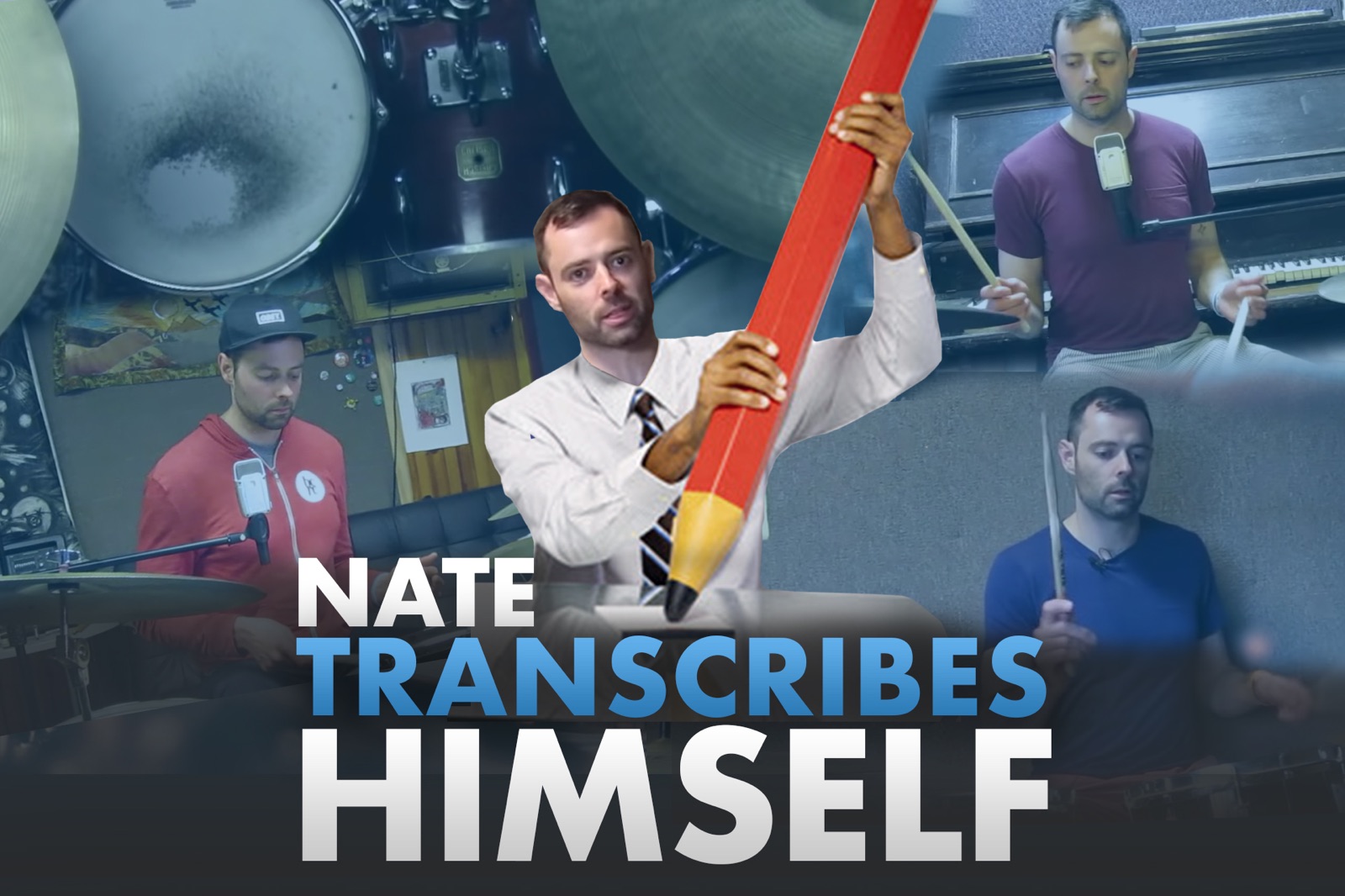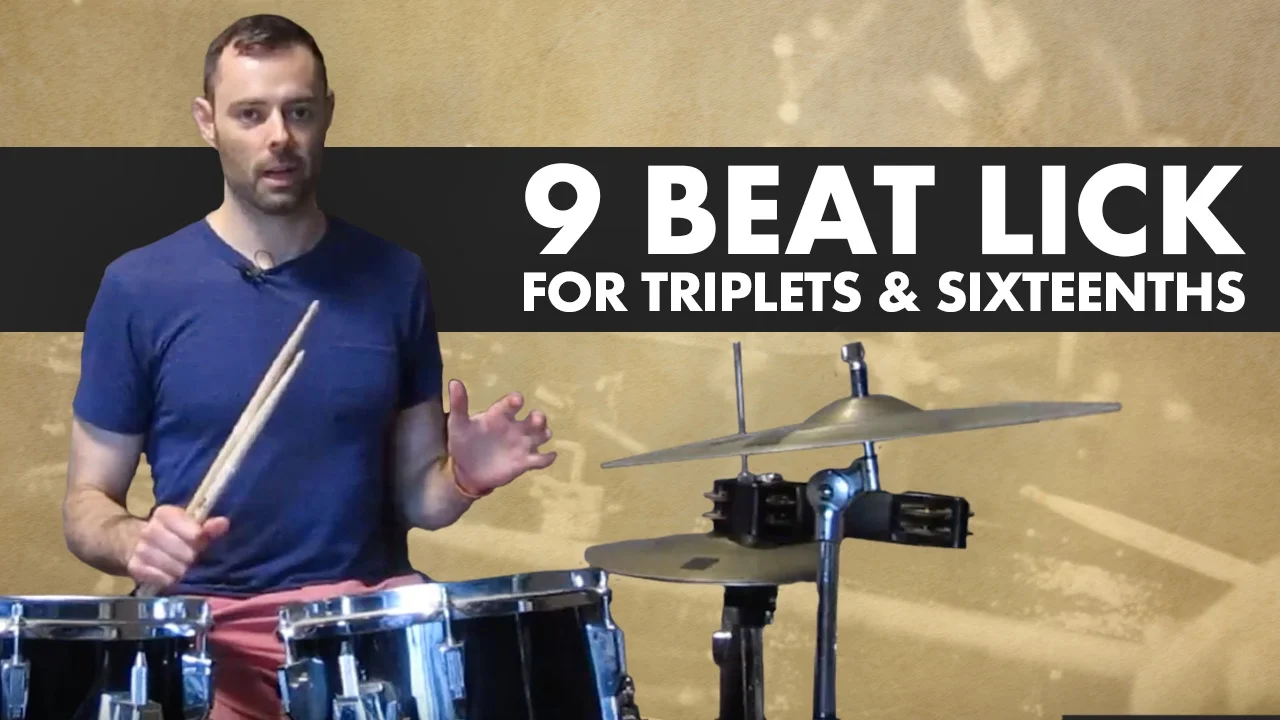Here for the transcription? Grab that here.
Why not play brushes on everything?
That’s the question John Riley asked me, many years ago, for which I didn’t have a great answer.
Through the years, I’ve tried to wage a “booster” campaign for the humble brush - to coax others out of the resistance that kept me from getting great at the brushes for so many years.
Eventually, it was my love of the great jazz drummers, from Ed Thigpen, Vernel Fournier, and Roy Haynes to Blade, Bill Stewart, and Hutch.
But I’m painfully aware that my channel attracts both jazz enthusiasts and…not-jazz-enthusiasts alike, and…well…the brushes have an image problem the sticks don’t share.
Sticks, you see, are equally appropriate in any musical genre.
Only play country two-steps? Great. Sticks.
Like zydeco? Fantastic. I’ve got an idea: drumsticks.
You get the idea.
Brushes, however, and with few exceptions, are only associated with jazz.
Which left me in the difficult position of making the case that we should “liberate” the brush from simply a jazz implement…
…without seeming to disparage the great drummers who developed the idiom.
Let me put it this way:
Papa Jo, Connie Kay, Ed, Vernel, Roy, Philly Joe, Art Taylor, Paul Motian, and everybody else took the brush tradition so deep that, for aficionados, their music needs no qualification.
But, for people not familiar with these greats, are we going to say brushes are “off limits” for them?
Nope.
Play brushes along with Jack White.
Play brushes with Cardi B. With Rihanna. With Hova. With Soundgarden.
They’re just another texture - and a great one.
Play Brushes On Everything.
And this lesson humbly submits two way you might start.
First, though, grab your transcription here.





















